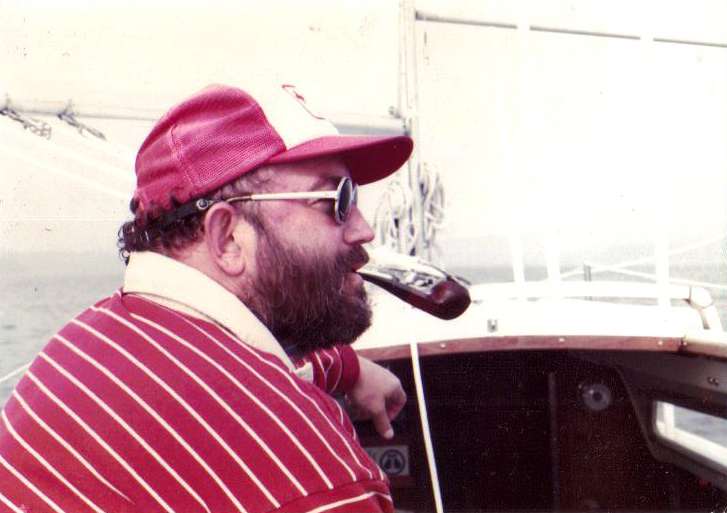Dick Fine, a lifelong San Francisco doctor who advocated for underserved patients and found respite sailing on Tomales Bay, died last month at age . . .
Dick Fine, a pioneering doctor who loved the bay, dies at 75


Dick Fine, a lifelong San Francisco doctor who advocated for underserved patients and found respite sailing on Tomales Bay, died last month at age . . .